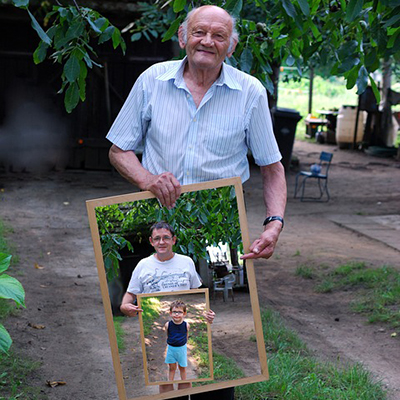What Happens When Someone Passes Without A Will?
 If someone dies without a valid will they are said to have died “intestate”. Intestate means not having made a valid will before one dies. The Washington State Legislature, in effect, wrote a will for people who did not prepare their own will (RCW 11.04.015). The Intestacy statute defines who will inherit the deceased person’s estate if they did not write their own will. This state law presumably reflects the intention of the average person as to who they would want to receive their property on their death.
If someone dies without a valid will they are said to have died “intestate”. Intestate means not having made a valid will before one dies. The Washington State Legislature, in effect, wrote a will for people who did not prepare their own will (RCW 11.04.015). The Intestacy statute defines who will inherit the deceased person’s estate if they did not write their own will. This state law presumably reflects the intention of the average person as to who they would want to receive their property on their death.
What Are Inheritance Rights?
Inheritance rights vary depending on who survives the deceased person and the nature of their property, either as community property or separate property. Because Washington is a community property state, the intestacy law distinguishes between community and separate property. This distinction is made, however, only when there is a surviving spouse. If there is no surviving spouse, all property is distributed to the heirs as if all property were separate property.
Community property and separate property have definitions sometimes complicated but, in general, community property is property acquired during a marriage except property acquired by inheritance or gift. Separate property is property acquired prior to marriage or property acquired by gift or inheritance.
Surviving spouses and partners in “intimated committed” relationships have significant inheritance rights.
If the deceased person had a spouse or committed partner, the surviving spouse under the intestacy laws will be entitled to the decedent’s entire share of the net community estate. If any children survive the decedent, the surviving spouse or partner is also entitled to one-half of the decedent’s net separate estate and the children are entitled to the other half.
If the decedent is not survived by children but is survived by one or both of his or her parents, or by any descendant of his or her parents, the surviving spouse or partner is entitled to three-quarters of the decedent’s net separate estate and the parent(s) or the descendant(s) of the parents, if both parents are deceased, are entitled to the remaining one-quarter. If children, parents, or descendants of parents do not survive the decedent, the surviving spouse or partner is entitled to all of the Decedent’s net separate estate. Rights are defined in RCW 11.04.015.
If there is no surviving spouse and there are children (called issue in the statute) the issue inherit the entire estate.
Caveat: It should first be determined whether a probate is necessary. If a probate is necessary, individuals can petition the court for appointment of as Personal Representative of an estate. A surviving spouse has preference in administration of community property.
Contact the office for a consultation to discuss the details.

